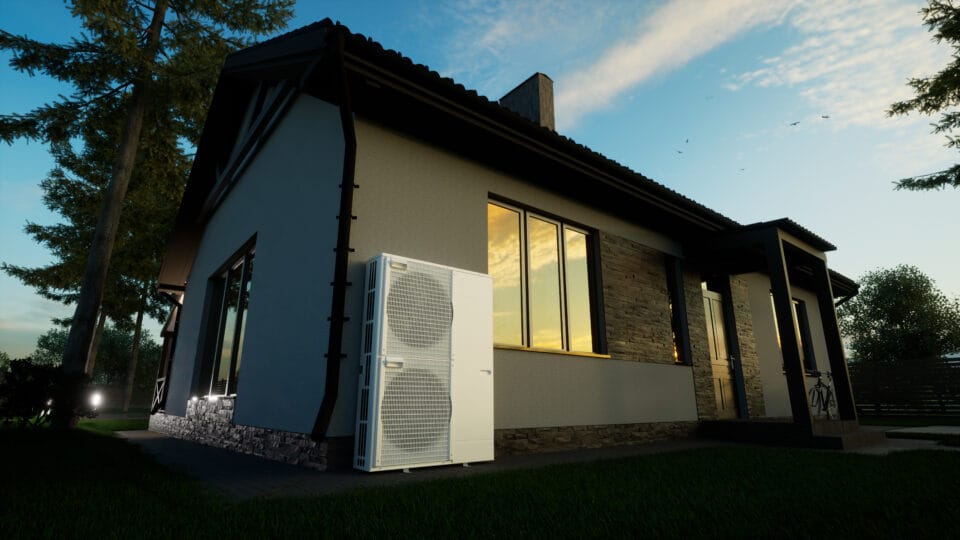When deciding on a new or replacement HVAC system, homeowners and businesses often consider geothermal heat pumps. But how exactly do they compare to traditional HVAC systems powered by natural gas, heating oil, or electricity? Here we analyze the key differences between geothermal and conventional heating/cooling.
Efficiency
Geothermal systems are far more energy efficient, providing savings of 25-60% on heating and cooling. This results from moving heat rather than generating it through combustion. The underground piping’s stable temperatures also boost efficiency. Traditional systems waste more energy during extreme heating or cooling needs.
Upfront Cost
The installation price of geothermal systems is significantly higher, from $20,000 to $30,000 installed. Traditional system costs range from $5,000 to $15,000. However, this gap narrows when factoring in geothermal’s tax credits and rebates.
Operating Costs
Geothermal’s excellent efficiency translates into much lower annual operating costs, usually saving 30-70% versus even the most efficient traditional HVAC systems. The savings add up substantially over the system’s long lifetime.
Maintenance
Geothermal systems have minimal maintenance needs – mostly annual checks and filter changes. Their underground loop piping lasts 50+ years. Traditional systems require far more maintenance, repairs, and parts replacement, especially complex combustion furnaces.
Durability & Lifespan
With proper upkeep, geothermal systems can operate smoothly for 25-50 years. Traditional systems average 15-20 years at best before needing major repairs or full replacement. Geothermal provides better durability.
Environmental Impact
Geothermal systems are eco-friendly, reducing a home’s carbon footprint by up to 50%. They emit no greenhouse gases. Traditional systems require burning fossil fuels which pollute the air. Geothermal uses a clean energy source and refrigerants with lower global warming potential.
Noise
Geothermal heat pumps make almost no noise when running. Traditional systems have compressors, fans, and furnaces that generate noise pollution, especially older models. Geothermal provides virtually silent operation.
Comfort
Water-based heating and cooling of geothermal allows precise temperature control with minimal fluctuation. Conventional systems often struggle to maintain steady temps. Geothermal offers superior comfort.
When weighing the pros and cons, geothermal consistently surpasses traditional HVAC systems in efficiency, environmental benefits, comfort, durability, and long-term cost savings. For those who can manage the higher upfront installation cost, geothermal is an smart investment that pays dividends for decades. Thereduced carbon footprint also makes geothermal a greener choice to help combat climate change.
